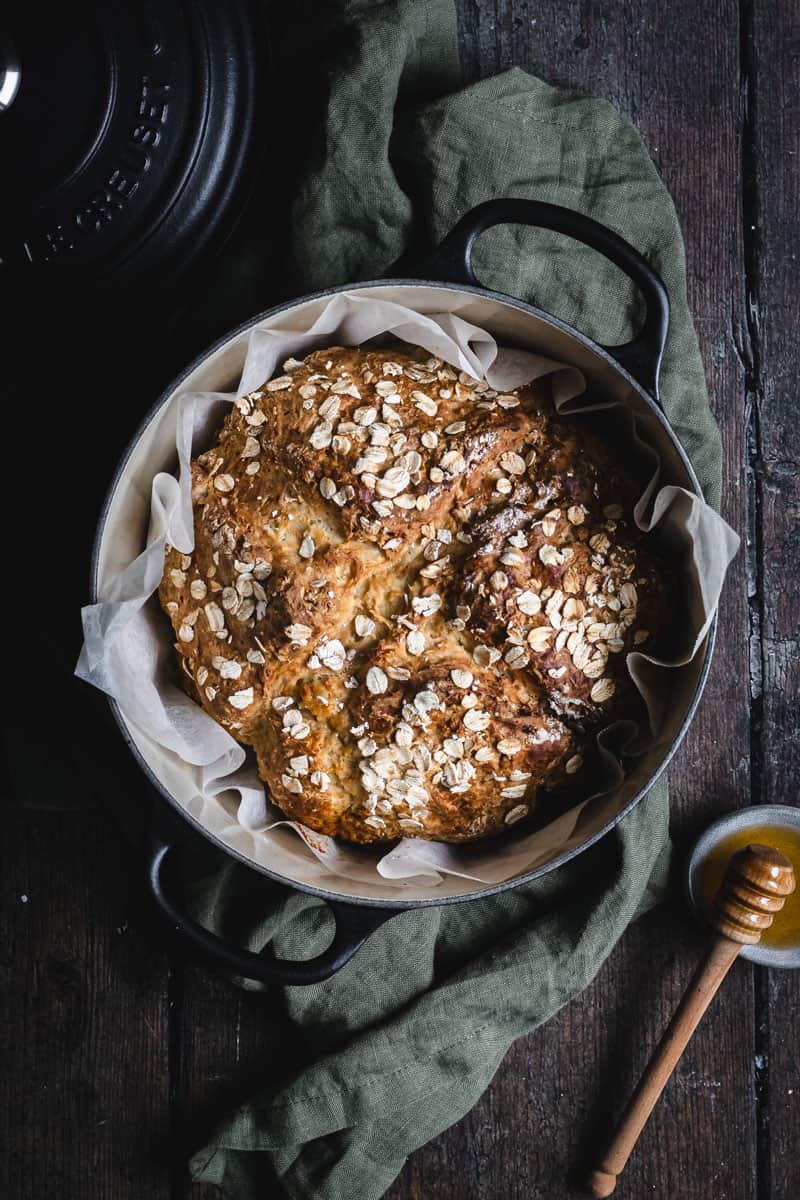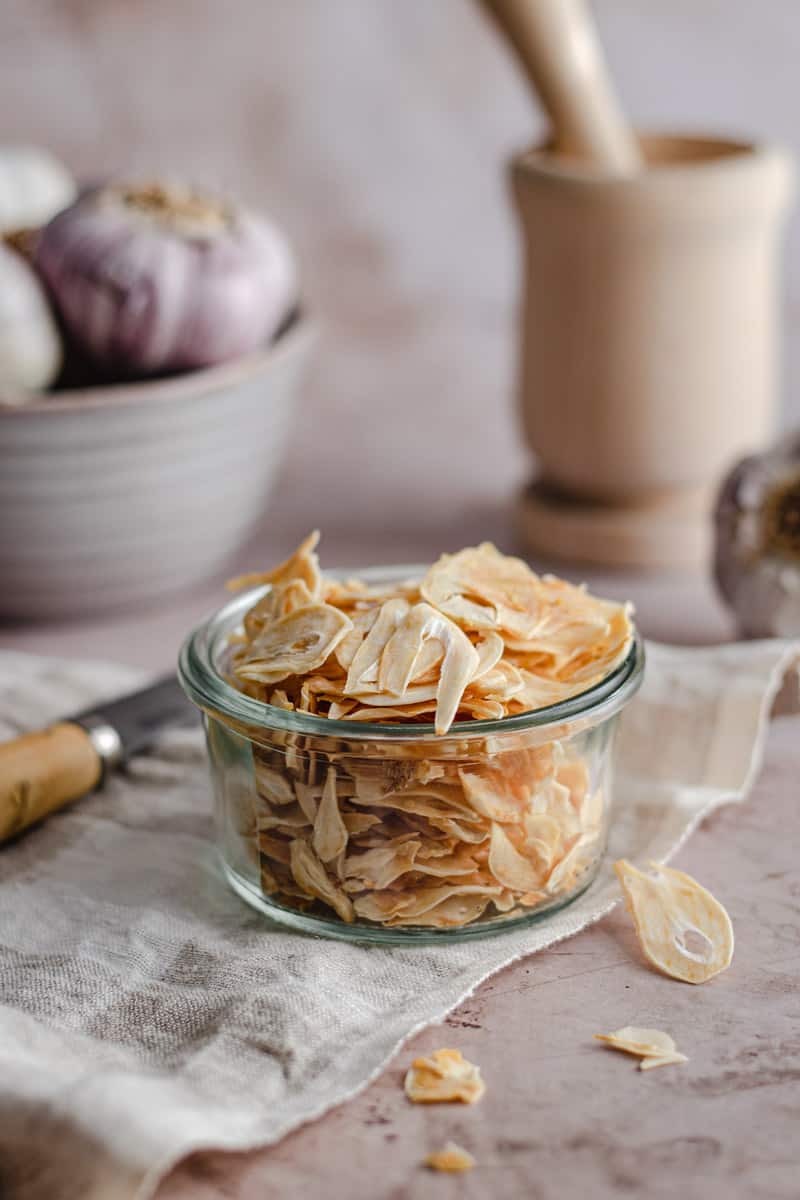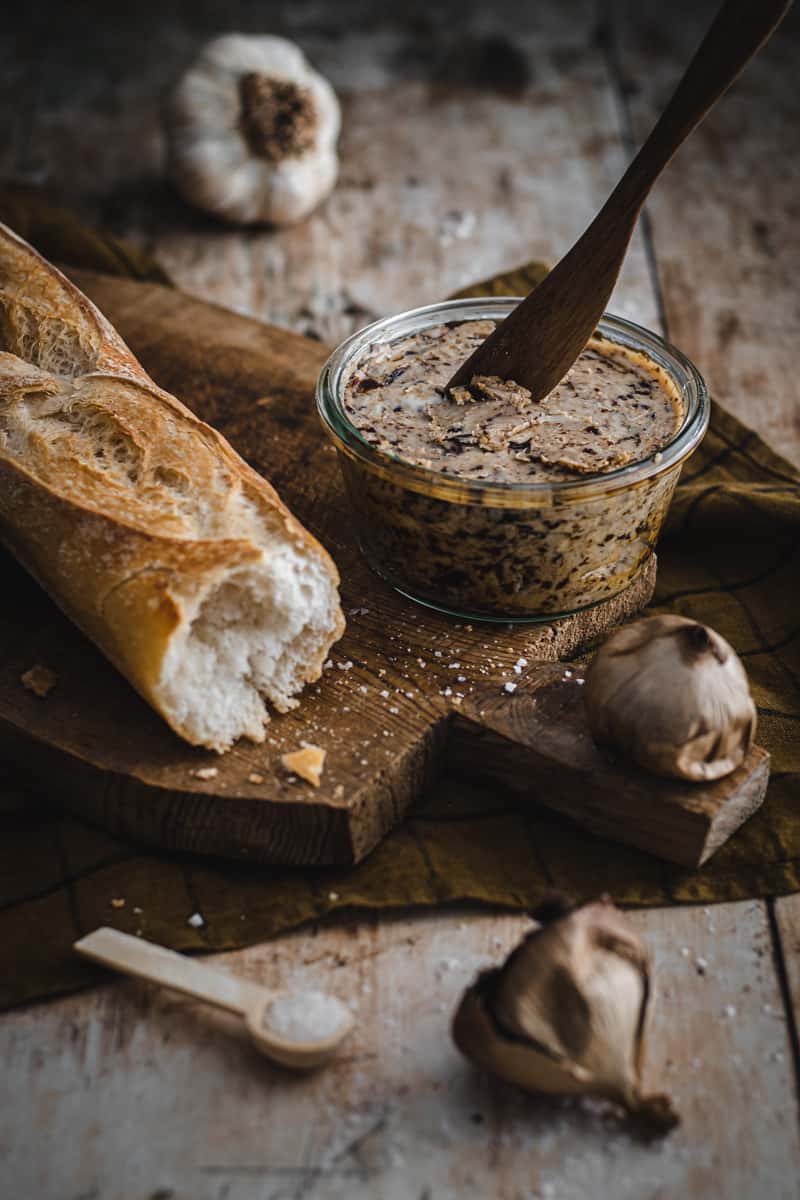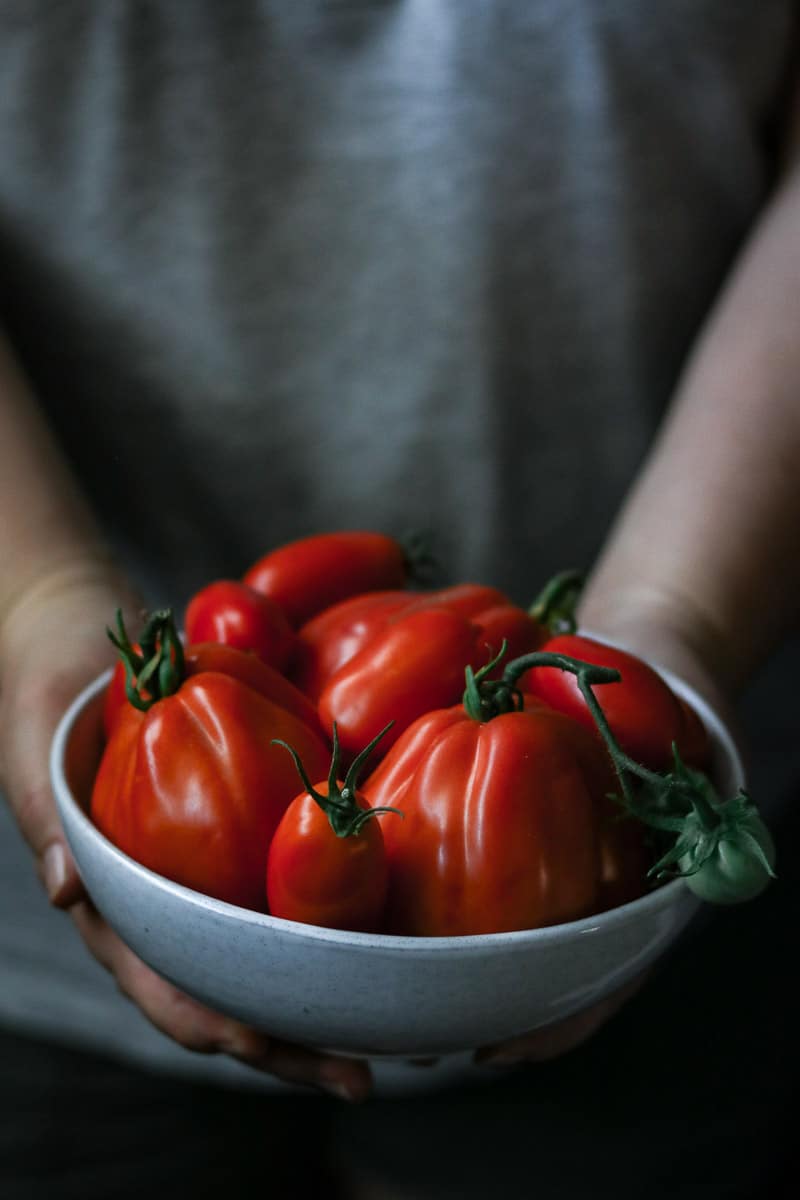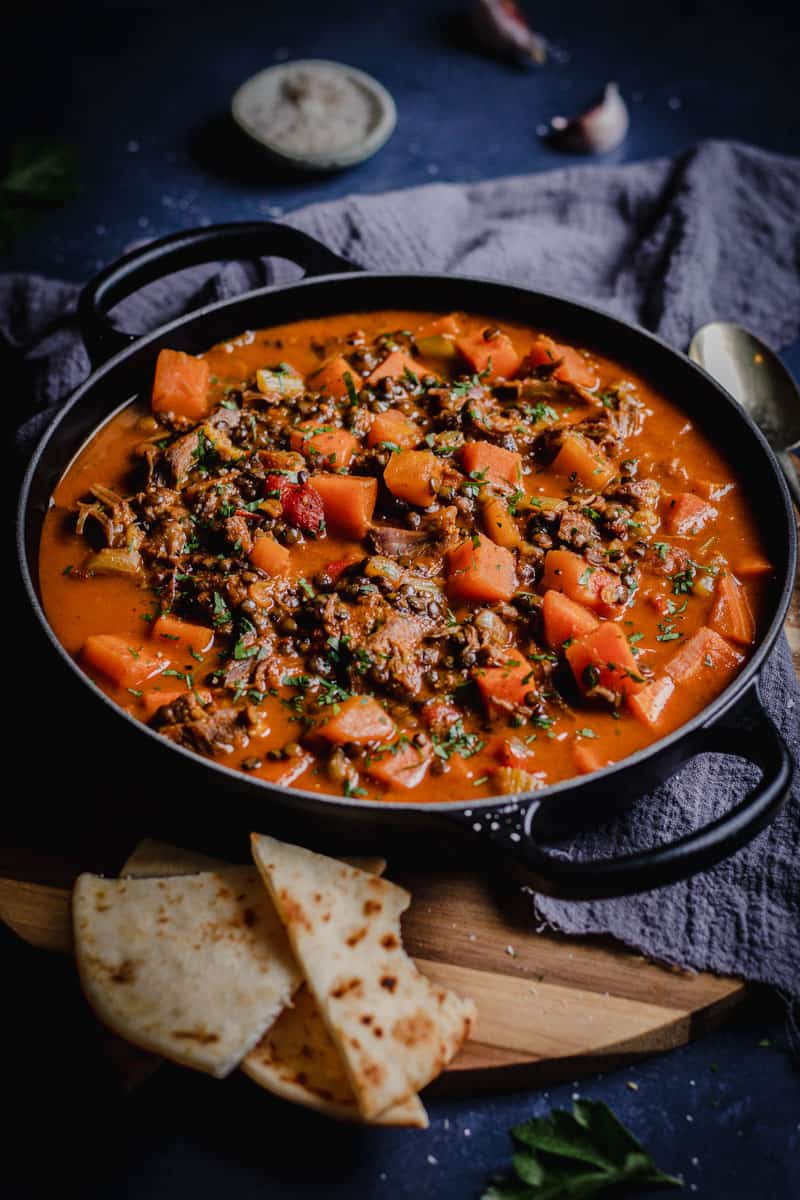The Best Oil To Season Your Cast Iron Cookware
There is something about cooking with cast iron that (for me) makes it a far superior choice for cooking than many of its competitors. Its durability and ability to retain heat make it a favorite among chefs and home cooks. I’ve had some of my cast iron pieces for over fifteen years – And that’s with everyday use! To ensure your cast iron lasts for countless years, and retains non-stick properties, seasoning cast iron with oil is essential. However, choosing the right oil for cast iron can be a little daunting, so here’s a rundown of the best oil to season cast iron cookware.
New to seasoning your cookware and need a little help? Check out this post on How to season your cast iron cookware.
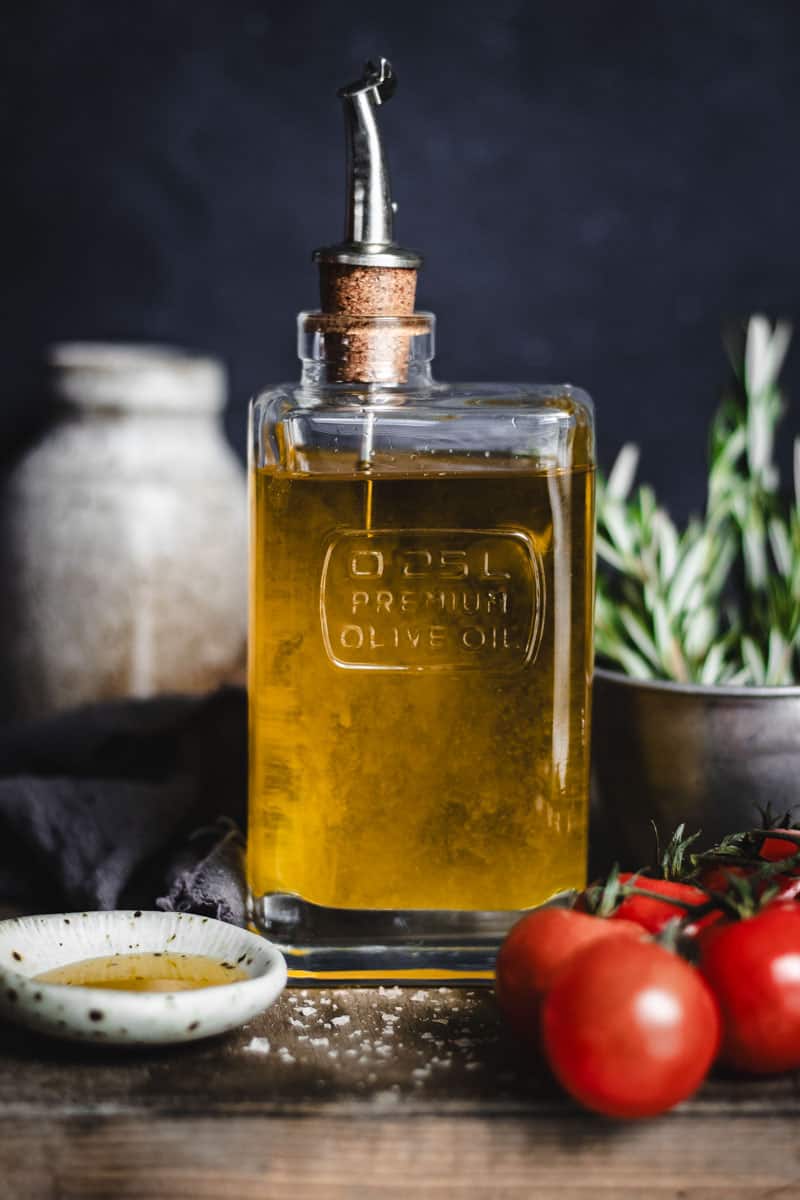
What does “season your cookware” actually mean?
Essentially it’s when you coat your cast iron skillet (or any cast iron pan or steel cookware) with a thin layer of oil that can withstand high temperatures, to a) prevent it from rusting, and b) to make the surface of the cast-iron pan habitable for cooking, and to prevent foods sticking to it. A well-seasoned pan makes cooking a breeze and a very functional piece of cookware. While some cast iron brands like Lodge already come pre-seasoned, you still need to keep your pan well-oiled by rubbing the cast-iron cookware with a protective layer of oil after each use.
Which oil do I use?
Vegetable Shortening
Vegetable shortening, like Crisco, is a popular and affordable option for seasoning cast iron. It has a high smoke point and its semi-solid state allows for even coating and absorption into the porous surface of the cookware. It creates a reliable non-stick surface and is easy to maintain.
While Chrisco isn’t widely available in Australia, look for it in cake decorating stores and online at USA Foods.
Canola or Vegetable Oil:
Canola oil or vegetable oil is another good choice for seasoning cast iron. With a high smoke point and a neutral flavor, it provides a really good surface on your cast iron. Both oil’s availability and affordability make it a practical option for many cooks. Applying multiple layers of canola oil and baking the cookware helps build up a smooth seasoning layer over time. Both Canola and vegetable oils are handy, well-rounded oils to have in your pantry. Good for baking, shallow frying, sauteing, and general cooking.
Grapeseed Oil:
My go-to cast iron cooking oil. Grapeseed oil is a cracking option known for its high smoke point and mild flavor. As well as creating a durable seasoning layer on cast iron and good non-stick properties, grapeseed oil is also a fantastic oil for shallow and deep frying. This is the oil you want to use for schnitzel night and on your BBQ!
Avocado Oil:
Avocado oil, rich in monounsaturated fats, is gaining popularity as a healthy cooking oil. When used for seasoning cast iron, it creates a hard and resilient layer that enhances the cookware’s non-stick qualities. Avocado oil has one of the highest smoke points making it suitable for seasoning at higher temperatures. Also use for shallow frying, as a finishing oil, or mix with a little red wine vinegar to create a delicious salad dressing.
FAQ’s
I have extra virgin olive oil in my pantry. Can I use it to season cast iron?
No. Extra virgin olive oil has a very low smoke point for cooking. You’ll notice if you cook with EVOO that it turns brown within about 10 seconds on medium-high heat. In this case, all the goodness of EVOO has been burnt and has little health benefits from here. The best option is to keep your EVOO to use in salad dressings, to dress pasta, for dipping bread, etc, where you can really utilize that delicious flavor!
Coconut oil and Peanut oil have quite high smoke points, can I use either of those?
Sure. If you really love those flavors. Personally, I don’t like to restrict myself to seasoning a pan in particular flavored oil. Hence why all the oils above that I recommend as the best-cast iron seasoning oils, have little or no flavor.
Do you have to oil a cast iron skillet after every use?
Ideally, yes. Especially when it’s new. A well-seasoned skillet takes time, patience, and a little care. However, over time you will build up a layer of seasoning that will be strong enough to handle the odd bout of forgetfulness.
I have an enamel cast iron skillet. Do I need to season it?
While your skillet may have black enamel as a cooking surface, and it looks like seasoned or raw cast iron, it does not require seasoning or a protective coating to cook in it. To keep an enamel pan in good condition, it is a better practice to oil your food prior to cooking rather than the pan, as built-up oils can affect how the cooking surface works.
Some people recommend flaxseed oil. Thoughts?
In Australia, flaxseed oil is not readily available in supermarkets and specialty food stores, hence why I have not included it.
While the best choice of oil for cast iron seasoning ultimately depends on personal preference and to be honest, availability. These few oils above are all really good options. Whichever oil you choose, remember to apply thin layers of your chosen oil with a cotton cloth or paper towel and follow each brand’s recommended seasoning process for the best results and the longevity of your cast iron cookware.
What is your favorite piece of cast iron cookware? Let me know in the comments
x

